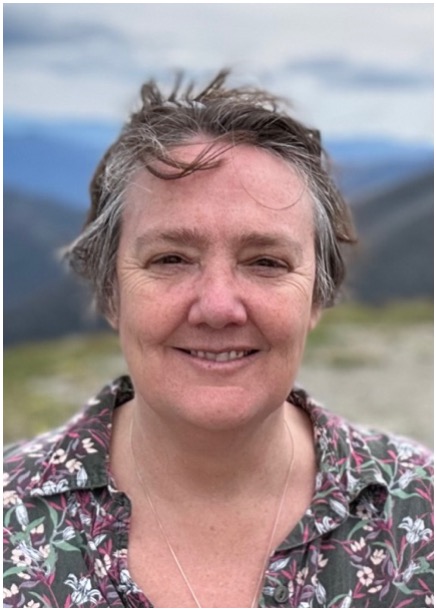
- This event has passed.
The secret sauce – building insights from integrated atlas of human biology
August 25, 2025 @ 1:00 pm – 2:00 pm
Judith and David Coffey Seminar
Prof Christine Wells, University of Melbourne
This event was held in-person and online.
The human cell atlas is a global consortium seeking to build a detailed map of cell types through developmental time, health and disease states. Molecular snapshots of individual cells can be taken at many measurement levels, and the expectation is that integrating multiple modalities will lead to new discoveries about human cell development and behaviour. Data integration at this scale requires two main considerations – the first is statistical models to remove experimental artefacts and harmonise informative signals ; the second is curation of the metadata to identify possible technical, experimental or even biological confounders. We often pay a lot of attention to the first challenge, at the expense of minimizing or ignoring the second, simply because data curation is difficult, and often requires biological expertise that sits outside of our own groups.
In this talk, I’ll introduce generative AI driven tools developed by my own team for stem cell curation, as well as provide a preview of the community-driven curation platforms being lead out of the Human Cell Atlas consortium and provide some examples of how these tools are supporting high quality data integration and the creation of new cell atlases.
Subscribe to our seminar mailing list
Find out more about the Statistical Bioinformatics seminar series

Prof Christine Wells
Professor Christine Wells is chair of stem cell systems at the University of Melbourne. She uses computational models to understand human stem cell behaviour, and pluripotent stem cell models to test these computational predictions. Christine graduated with a PhD from UQ in 2004, and established her first laboratory at Griffith University in 2005. Over the past 20 years, her team has built several human cell atlases describing immune cell subsets, then uses these atlases to benchmark lab grown immune cells, and have invented new protocols to make specialist immune cells in the laboratory. Christine has authored over 150 papers, collectively cited >30,000 times. She is a member of several international consortia including the Functional Annotation of the Mammalian genome (FANTOM), the Human Cell Atlas (HCA) and the equity working group for the International Society for Stem Cell Research. Christine is the architect of the Stemformatics data collaboration platform and academic lead of the Australian stem cell registry.
